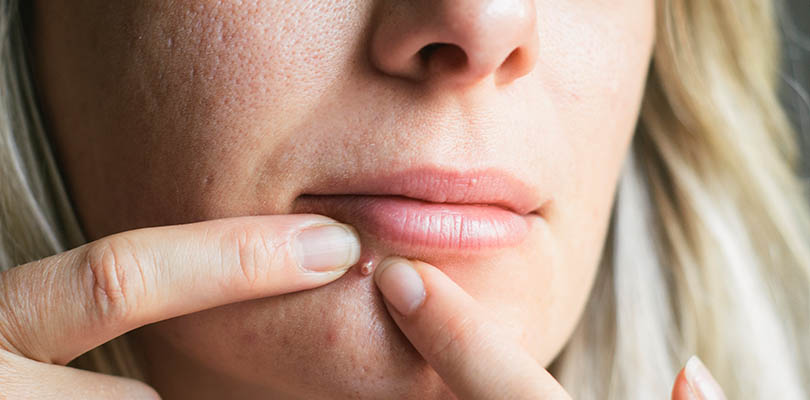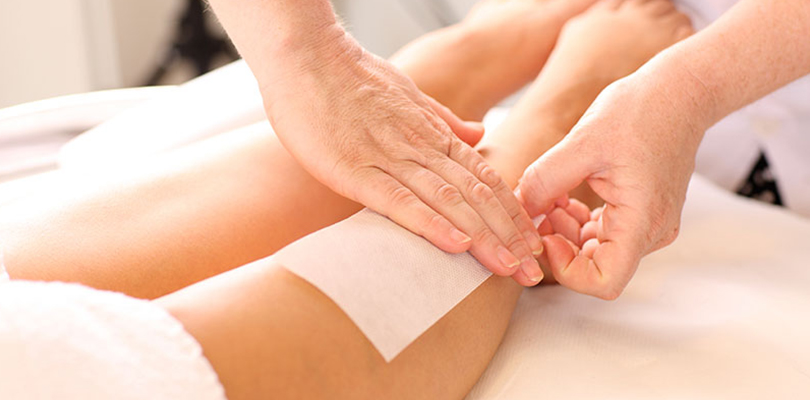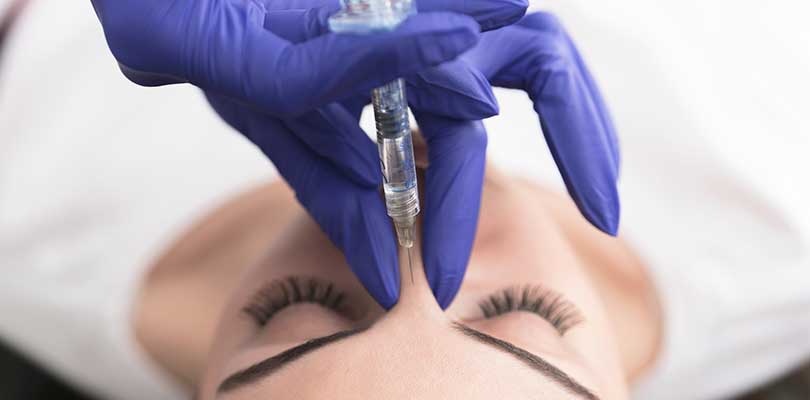What There is to Know About Hypoactive Sexual Desire Disorder
It is not unusual for a person’s sex drive to drop from time to time. In many cases these dry spells are usually temporary and libido makes an eventual return. In other cases, a person’s sex drive may seem to be lost, which is a condition called hypoactive sexual desire disorder.
What is Hypoactive Sexual Desire Disorder?
Sexual desire disorder is an umbrella term for two chronic conditions: female sexual interest or arousal disorder and male hypoactive sexual desire disorder (HSDD). Both are the result of low libido. Hypoactive sexual desire disorder is the absence of sexual desire, interest or receptivity to sexual activity. The result of this low libido causes the person distress or difficulty in their relationship. Important factors in diagnosing HSDD are when a person has low sexual desire and is bothered by their lack of interest in sex. The condition is diagnosed when symptoms have been present for at least six months and causes significant distress to the individual. HSDD can be diagnosed as a lifelong problem or an acquired problem that emerges after a period of normal sexual activity.
Causes of Hypoactive Sexual Desire Disorder
There are several factors that may cause a person to have HSDD, which include:
- Physical conditions such as breast cancer, diabetes, multiple sclerosis, thyroid problems, and more.
- An imbalance of chemicals and hormones. Chemicals can cause and inhibit sexual desire. Hormonal disorders or imbalances may impact both women and men. Women may be affected by menopause; men may be affected by low levels of testosterone or problems affecting blood flow.
- Medications may create side effects which diminish libido; it can happen with medications used to treat depression, anxiety, high blood pressure and more.
- Relationship issues. Even when an individual is not in a committed relationship there may be a reason behind losing interest in sex with a partner.
- Some psychological conditions like depression, anxiety and low self-esteem can also affect someone’s interest in sex.
- Chronic pain can also be a factor and may make sexual activity less desirable because it does not feel good.
Risk Factors
Here are some contributing factors to HSDD, but the root cause is unknown. Some risk factors include:
- Negative attitudes about sexuality
- Partner sexual functioning
- Childhood stressors
- Endocrine disorders
- Erectile dysfunction
- History of emotional or physical abuse
- Stress
- Alcohol or substance use
Between 1997 and 2011, the Centers for Disease Control reported that the food allergies in children had increased by 50 percent.
Who Does it Affect?
Both men and women are susceptible to sexual desire disorder. Female sexual interest or arousal disorder is one of the most common female sexual difficulties. Older women report less distress about experiencing low sexual desire than younger women. Prevalence rates among women vary, but one research study estimates one in ten women have sexual desire disorder. In men, it is estimated that 6% of those aged 18 to 24 and 41% of those aged 66 to 74 have some problems with sexual desire. Also, 1.8% of men between ages 16 and 44 experience persistent problems with HSDD.
Symptoms of Sexual Desire Disorder in Women
An absence or reduction in any of the following may be a symptom of sexual desire disorder in women:
- Sexual activity
- Sexual thoughts or fantasies
- Initiation of sexual activity
- Excitement or pleasure during sexual activity
- Interest or arousal in response to a partner’s attempts to initiate sexual activity
- Genital or nonessential sensations during sexual activity
Symptoms of Hypoactive Sexual Desire in Men
An absence or reduction in any of the following may be a symptom of HSDD in men:
- Sexual thoughts or fantasies
- Desire for sexual activity
Treatment for Hypoactive Sexual Desire Disorder
A decreased sexual desire screener (DSDS) may be used to diagnose HSDD—the screens are a series of questions regarding a person’s sexual desire, interest in sex, mental and physical health, relationship concerns, stress and fatigue levels, and other issues. HSDD is treatable and manageable, but the type of treatment that is most effective depends on the individual. Talk to a healthcare provider about your options to find a treatment plan that suits your needs. Some common treatments are:
- Medication. This is one treatment option that can be taken in pill form or a self-administered shot as needed. Addyi (fibanserin) is a pill for premenopausal women taken every night before bed. Vyleesi (bremelanotide) is a drug injected by women before engaging in sexual activity. Wellbutrin (buproprion) is an antidepressant that raises norepinephrine levels which may increase desire in some men and women, but does not work for everyone. Testosterone can be helpful for men but requires constant monitoring by a physician.
- Therapy or counselling. Therapists will look at the interconnection between your physical, emotional, psychological and relationship issues. They will help you unpack the mental weight you are carrying. Psychotherapy, sex therapy, or counselling can be done alone or with your partner. Medications may be evaluated and underlying medical conditions may be addressed in therapy as well.
Helpful Tips and Prevention
There are some activities and exercises you can start at any time to bring you and your partner closer together to try and rediscover your sexual desire. There is no quick fix, but some people have benefitted from finding non-sexual ways to connect. Some examples are:
- Making time for non-sexual intimacy
- Focusing on your relationship outside of sex and addressing any underlying issues in the relationship
- Giving your partner affection without any expectation for sexual activity
- Reading books or learning more about communicating as a couple
A person may not know why they have lost their sex drive. Sexual desire ebbs and flows, and the occasional dry spell is nothing to worry about. If your lack of sexual interest has persisted for a long time and is causing distress or relationship issues, there are many qualified professionals that can help you work through them.







